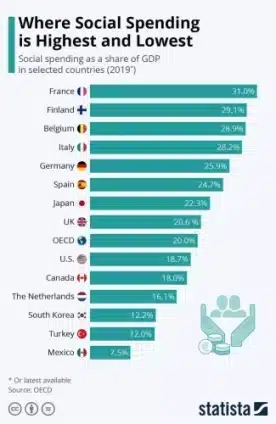A new report looking into the reasons behind the current fuel crisis engulfing the United Kingdom has laid bare how far the country has fallen behind their international counterparts. The information from the Lifelong Education Commission shows that Just one in 10 British adults aged 18-65 holds a level 4-5 technical qualification, compared to 20% of workers in Germany and 34% in Canada.
The bombshell findings produced by the Lifelong Education Commission highlights significant skill shortages, which includes a lack of HGV drivers and supply chain expertise, the main reason for the current chaos at gas stations.
In a clear sign that Great Britain is struggling with manpower, it has been announced that there are officially 1 million open job vacancies currently listed, a new record. Ideas of solving this issue seem to be thin on the ground, with one leading businessman suggesting that prisoners should work. James Timpson, chief executive of Timpson shoe repairs, said the idea of “prisoners doing real jobs for real wages” should be applauded.
The commission’s report, produced by the ResPublica think tank, says many people going to university “could be better off” gaining technical qualifications for roles where there are shortages of skills.
Researchers found only 4% of young people achieve a qualification at a higher technical level by the age of 25 compared to the 33% who get a degree or above.











